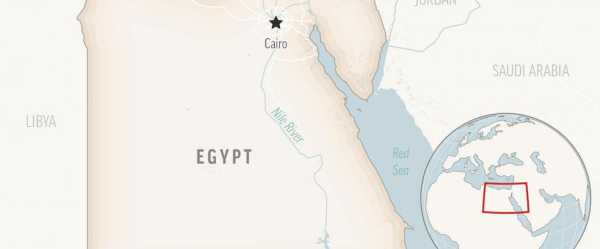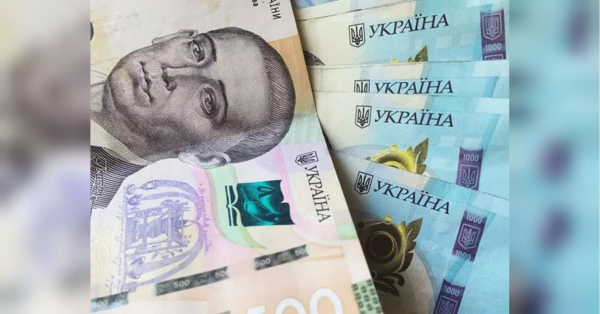
CAIRO — The Egyptian pound dipped to a new low Monday of just over 30 for $1, as the cash-strapped North African country continues to battle surging inflation and foreign currency shortages, authorities said.
The landmark slide in Egypt's Central Bank selling rate is the latest in a series of tumbles following the country's $3 billion International Monetary Fund bail-out package ratified in mid-December. The IMF deal was agreed upon in exchange for Egypt implementing a number of economic reforms, including a shift to a flexible exchange rate. The deal allows for a further $14 billion in possible financing for Egypt.
Many banks within Egypt were trading at 30 Egyptian pounds for $1 earlier this month.
The Egyptian economy has been hit hard by years of government austerity, the coronavirus pandemic and the fallout from the war in Ukraine. Egypt is the world’s largest wheat importer, with most of its imports having traditionally come from eastern Europe. Since January 2022, the Egyptian pound has lost around 50% of its value against the dollar.
In recent months, the country has been beset by surging inflation and price hikes. According to monthly statistics published by the state-run Central Agency for Mobilization and Statistics earlier this month, annual inflation stood at 21.9% in December, up from 19.2% in November. In December 2021, the annual inflation stood at 6.5%.
Food prices increased by 4% on average in December 2022, the agency said. Almost a third of Egypt’s 104 million people live in poverty, according to government figures. Most Egyptians rely on government subsidies to afford basic goods such as bread, policies that have existed for decades.
Egypt is also experiencing a shortage of foreign currency. In an effort to preserve its foreign currency supplies, many banks have placed limits on foreign cash withdrawals. Egypt's government also said it is postponing numerous future projects that would require significant foreign currency expenditure.
Sourse: abcnews.go.com






